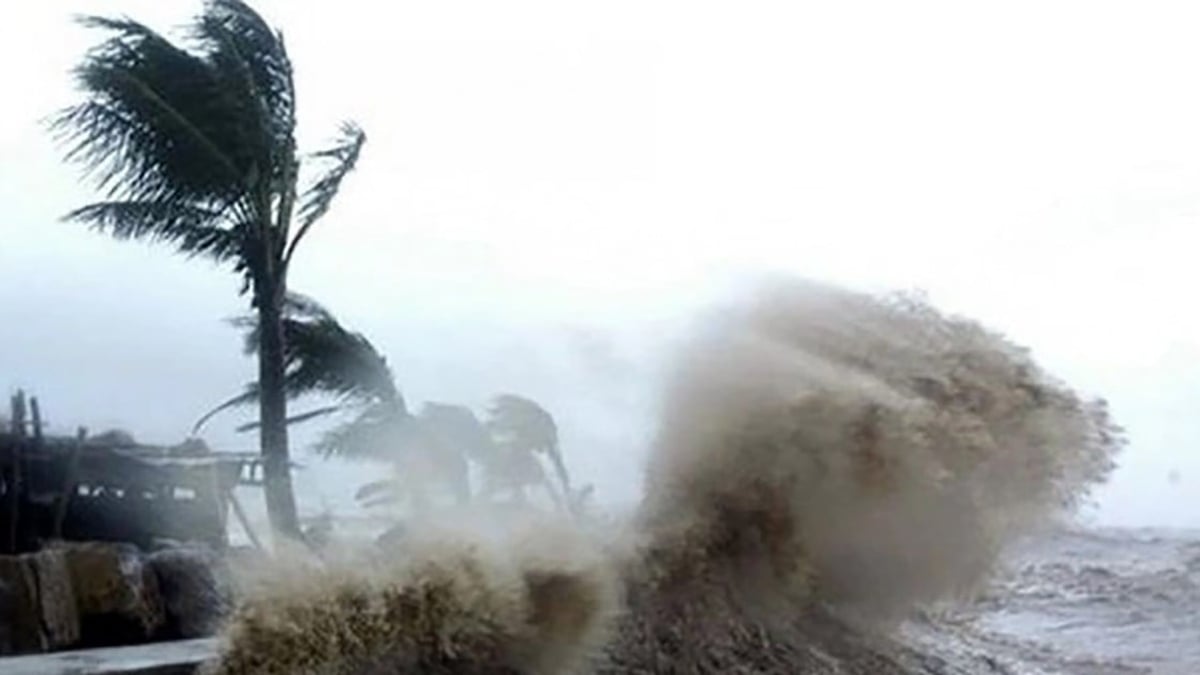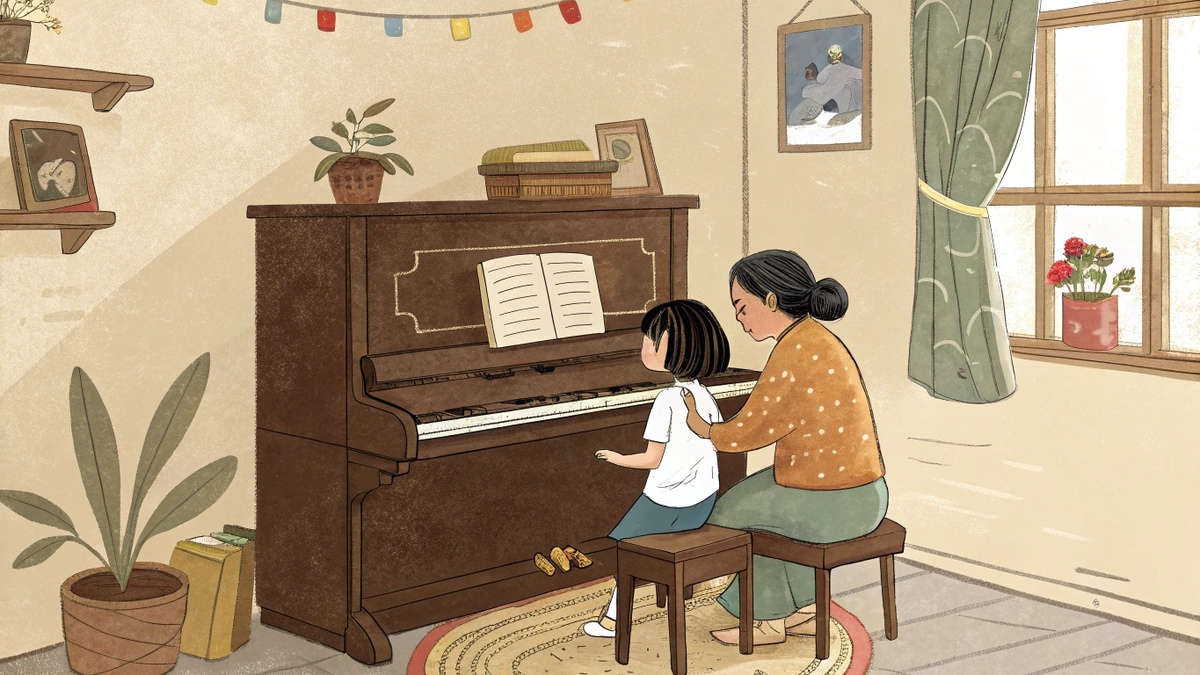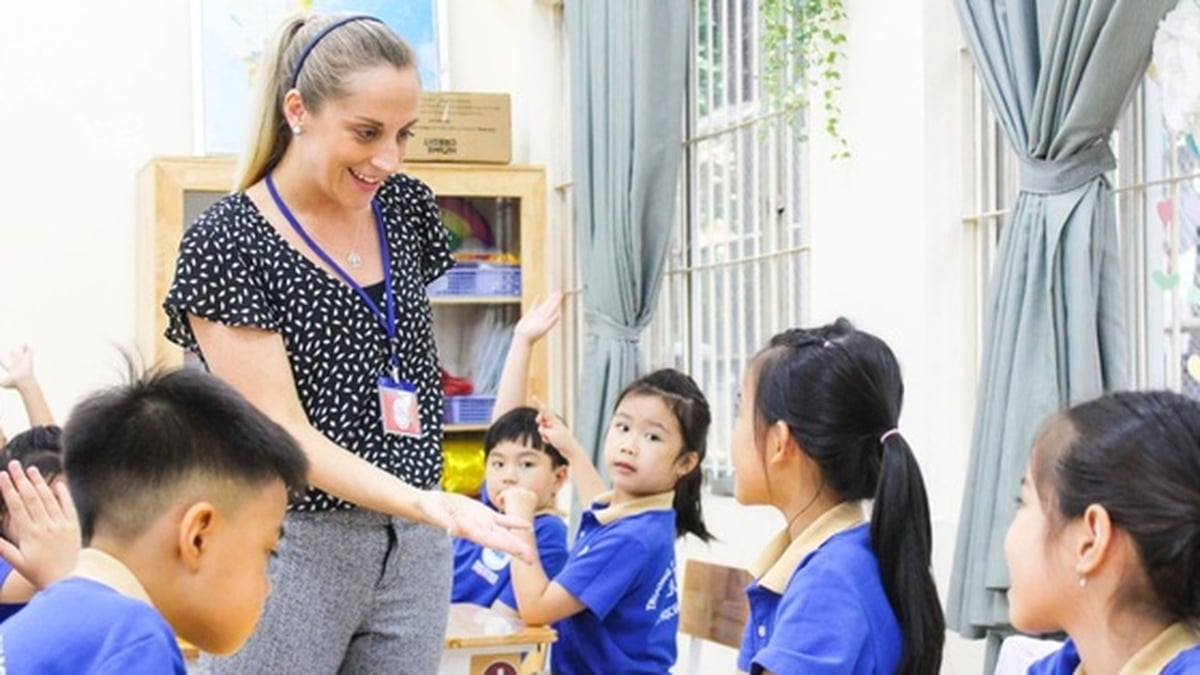Bao Thang commune currently has more than 1,500 livestock households, 80 small and medium-sized farms, with a total herd of more than 15,700 cattle and over 305,000 poultry. This is a favorable condition for livestock development, but also carries many risks of disease, especially during the changing seasons.

At this time, Mr. Luong Van To's family in Canh Dia village is focusing on taking care of a herd of more than 100 pigs that are ready to be sold. With nearly 20 years of experience in raising pigs, Mr. To understands very well the health characteristics of livestock when the weather changes.
“The humid, rainy, and erratic weather can easily cause pigs to have diarrhea, pneumonia, or respiratory diseases. My family always takes the initiative to fully vaccinate, periodically disinfect barns, supplement digestive enzymes, and increase the resistance of the pigs. Especially, we do not let strangers enter the livestock area to avoid bringing pathogens from outside,” Mr. To shared.
Not only Mr. To, many livestock farming households in Bao Thang commune have also been more proactive in applying biosafety farming processes. The barns are made high, airy, separated from the outside, and have a reasonable waste and garbage treatment system. Disinfectants are periodically sprayed around the livestock area.
Mr. Tran Xuan Han, a chicken farmer in Canh Dia village, said: “In this weather, if the coop is not cleaned regularly, chickens are susceptible to asthma and diarrhea. I spray disinfectant in the breeding area once a week, add vitamin C and probiotics, and monitor the health of the chickens every day. If I see any chickens showing different symptoms, I separate them for care.”

According to veterinary staff, summer is the time when many dangerous diseases arise in livestock due to high temperatures and high humidity, creating a favorable environment for bacteria and viruses to develop. In livestock, foot-and-mouth disease, septicemia, and infectious pneumonia are common. Pigs can also suffer from African swine fever, classical swine fever, blue ear disease, and paratyphoid. Poultry often suffer from Newcastle disease, Gumboro, avian influenza, and bacterial diarrhea. If not detected and treated promptly, these diseases can cause great damage and spread into epidemics.
As a locality with a large livestock herd, the work of inspection, supervision and disease prevention in Bao Thang commune always receives special attention from authorities at all levels and specialized sectors.

Ms. Tran Thi Hong, an officer of the Bao Thang Regional Veterinary Station, said: To ensure disease safety for livestock, from the beginning of the year, the Veterinary Station has developed a vaccination and disinfection plan in the communes. In addition, it periodically organizes disinfection campaigns for barns, concentrated livestock areas, and markets selling livestock and poultry. The unit also coordinates with villages to strengthen propaganda and instruct people on techniques for caring for and preventing diseases for livestock during the changing seasons.
Thanks to good propaganda work, people's awareness of disease prevention has changed a lot. Households have proactively registered for vaccination, cleaned their barns and cooperated with authorities to handle the disease. In Bao Thang commune, many households have also appeared to practice biosafety farming, both reducing the risk of disease and increasing income.
Mr. Pham Nguyen Ngoc, An Tra village, owner of a farm raising more than 10,000 poultry per batch, said: “I am gradually switching to biosafety farming, using probiotics to treat waste, biological bedding and controlling drinking water sources. Although following this direction is more difficult, the obvious results are that the animals are healthier and the rate of disease has decreased significantly.”

However, according to some livestock farming households, the biggest difficulty at present is that the prices of input materials (feed, veterinary medicine) remain high, while the selling price of products is not stable, causing profits to decrease. In addition, closed livestock farming models require large investment capital, which not all households can access.
The changing seasons pose many potential risks of disease, but with the initiative of livestock farmers and the support of the relevant authorities, livestock protection in Bao Thang commune is being effectively contributed to. This is not only the basis for stable and sustainable livestock development, but also an important step in building a commodity agriculture associated with the new countryside.
Source: https://baolaocai.vn/nguoi-dan-chu-dong-cham-soc-dan-vat-nuoi-thoi-diem-giao-mua-post649112.html










![[Video] More than 100 universities announce tuition fees for the 2025–2026 academic year](https://vphoto.vietnam.vn/thumb/1200x675/vietnam/resource/IMAGE/2025/7/18/7eacdc721552429494cf919b3a65b42e)



















































































![[Infographic] In 2025, 47 products will achieve national OCOP](https://vphoto.vietnam.vn/thumb/402x226/vietnam/resource/IMAGE/2025/7/16/5d672398b0744db3ab920e05db8e5b7d)





Comment (0)